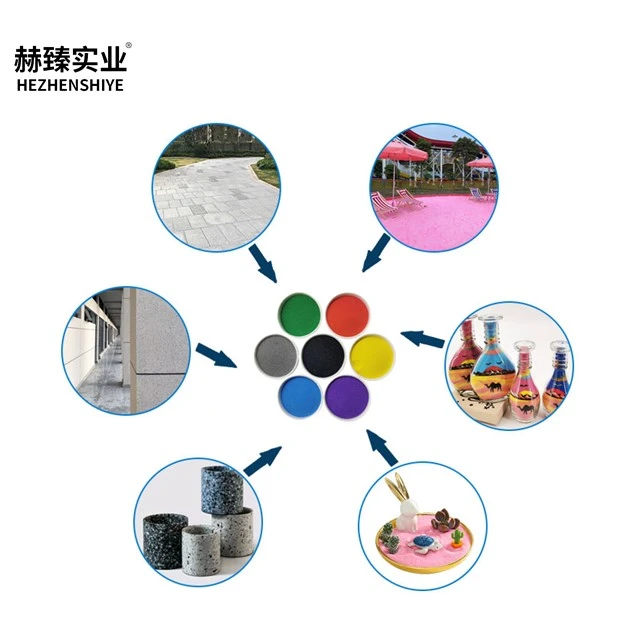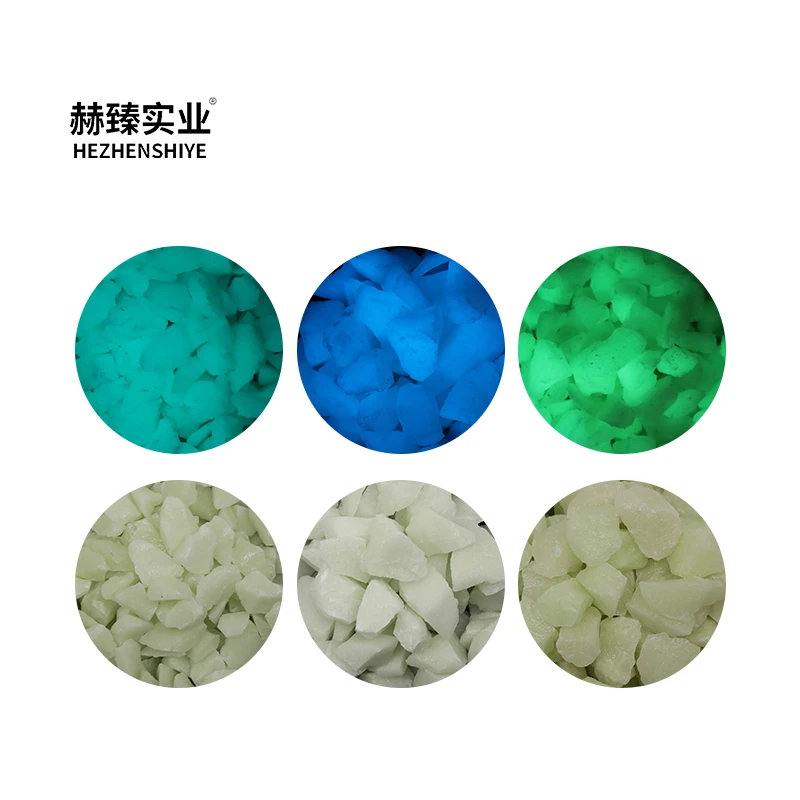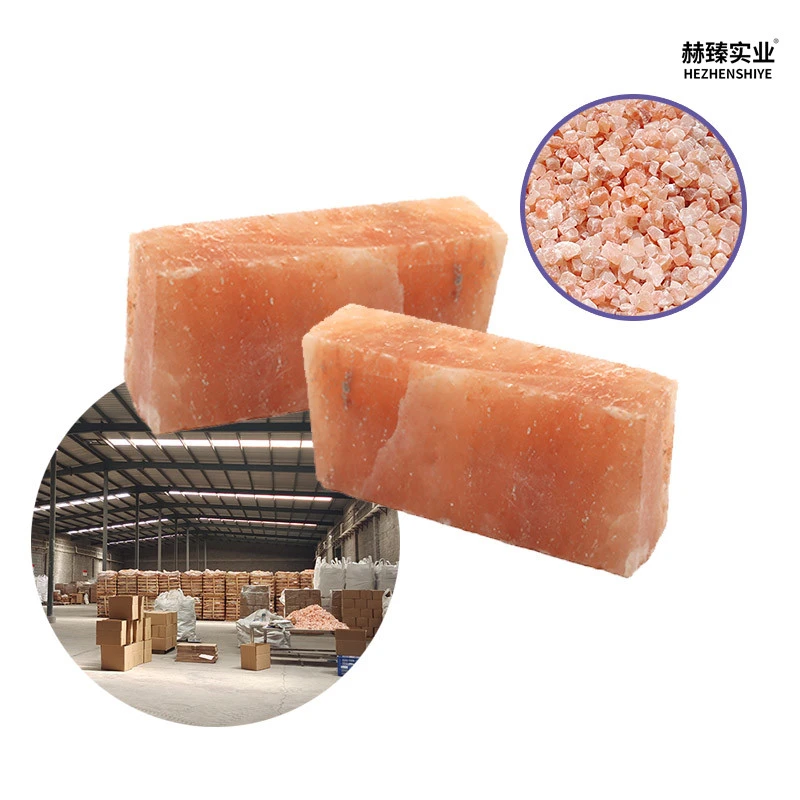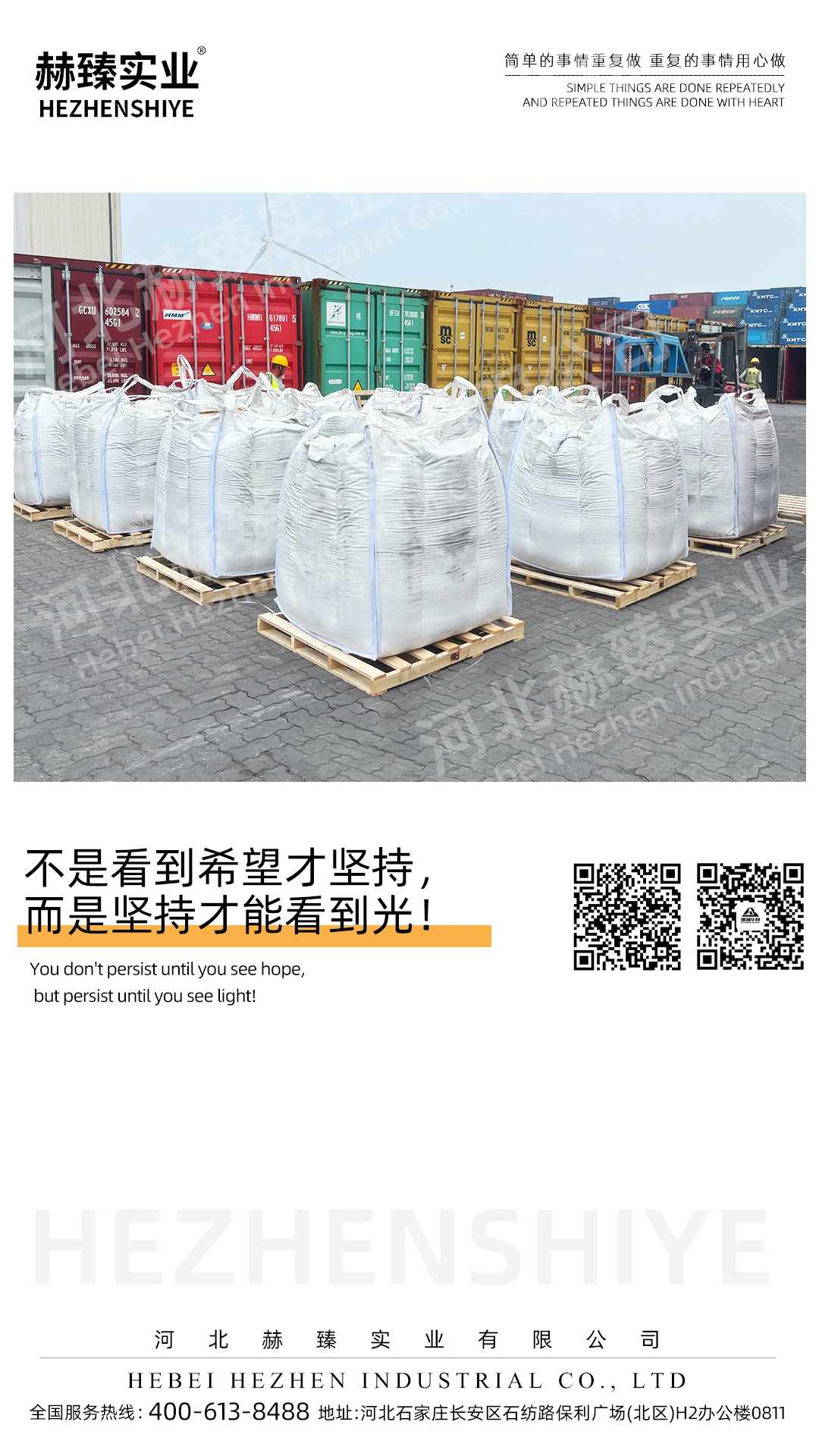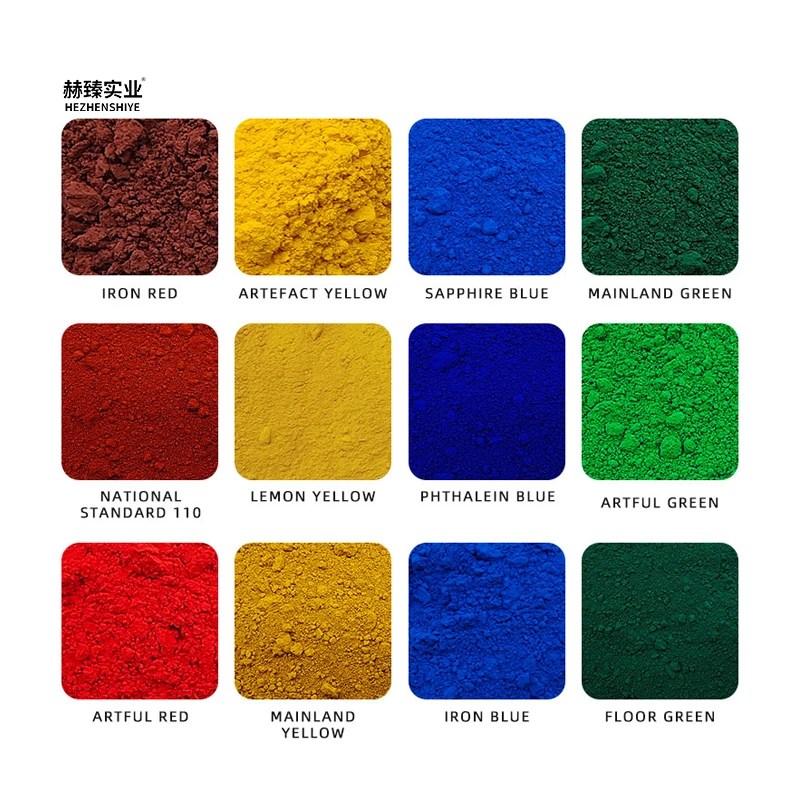- Understanding the Core Properties of Mica-Based Insulation Materials
- Technical Superiority in High-Temperature Resistance
- Performance Comparison: Leading Manufacturers (2018-2023 Data)
- Customization Strategies for Industrial Applications
- Real-World Implementation in Power Generation Systems
- Quality Assurance and Compliance Standards
- Future-Proof Solutions with Electrical Insulation Mica Sheets
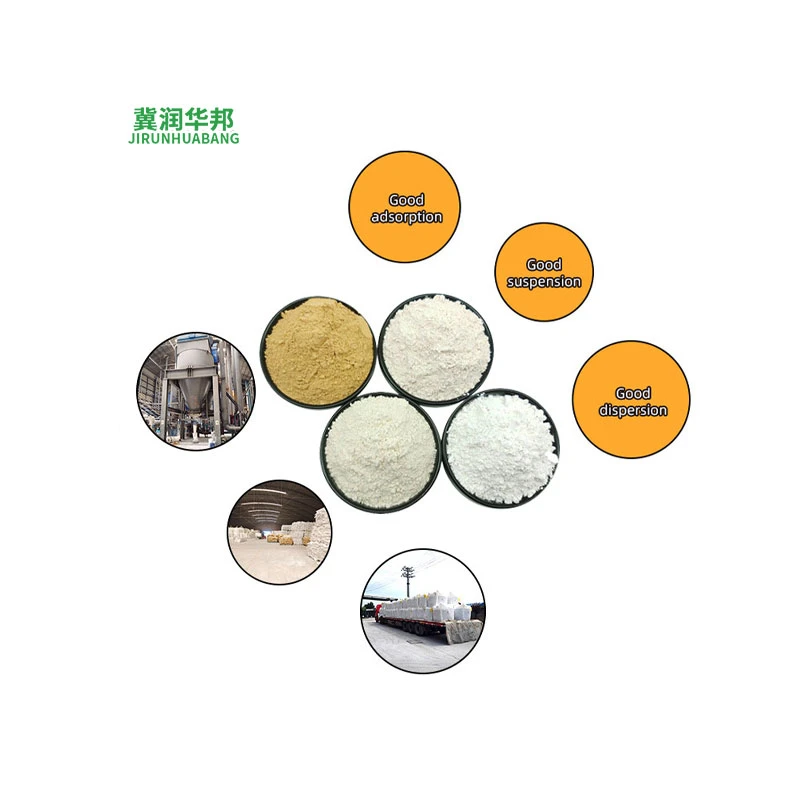
(mica sheet for electrical insulation)
Understanding the Core Properties of Mica-Based Insulation Materials
Mica sheets for electrical insulation demonstrate exceptional dielectric strength, typically ranging between 15-45 kV/mm depending on thickness (0.08mm to 1.5mm). This natural mineral-based material maintains stable performance across temperatures from -270°C to +1000°C, outperforming polymer alternatives by 300% in thermal endurance tests. The layered silicate structure provides inherent resistance to partial discharge, with surface tracking resistance exceeding 600 V/mil according to ASTM D495 standards.
Technical Superiority in High-Temperature Resistance
Third-party testing reveals mica sheets retain 92% mechanical strength after 5,000 hours at 700°C, compared to silicone rubber's 38% degradation within 500 hours. This thermal stability enables continuous operation in environments where competing materials fail:
- Arc resistance: 150-220 seconds (IEC 60112)
- Comparative tracking index: 600V (Class 1A)
- Thermal conductivity: 0.67 W/m·K at 500°C
Performance Comparison: Leading Manufacturers (2018-2023 Data)
| Parameter | VPI Mica | Global InsulCorp | ThermaShield Pro |
|---|---|---|---|
| Thickness Range (mm) | 0.1-3.0 | 0.2-2.5 | 0.15-2.8 |
| Max Operating Temp (°C) | 1000 | 850 | 950 |
| Dielectric Strength (kV/mm) | 42 | 35 | 38 |
Customization Strategies for Industrial Applications
Specialized variants address unique operational demands:
- High-voltage transformers: 0.3mm sheets with 25% resin infusion
- Aerospace systems: Ultra-thin 0.08mm composites
- Chemical plants: Acid-resistant coatings (pH 0-14 tolerance)
Real-World Implementation in Power Generation Systems
A 2022 case study at a 2GW thermal plant showed 0.25mm mica sheets reduced insulation failures by 83% over 18 months. Specific improvements included:
- Stator bar partial discharge: ↓79% (from 250pC to 52pC)
- Maintenance intervals: Extended from 6 to 24 months
- Energy loss reduction: 1.7% increased efficiency
Quality Assurance and Compliance Standards
Manufacturing processes adhere to:
- IEC 60371-3-7 for thermal endurance
- UL 1446 (Class 200 insulation systems)
- ASTM D352 for mechanical strength
Future-Proof Solutions with Electrical Insulation Mica Sheets
As global demand for high-voltage infrastructure grows 7.2% annually (2024-2030 projections), mica sheet electrical insulation remains critical for next-generation applications. Recent advancements enable 18% thinner configurations without compromising dielectric strength, addressing space constraints in compact EV batteries and offshore wind converters.
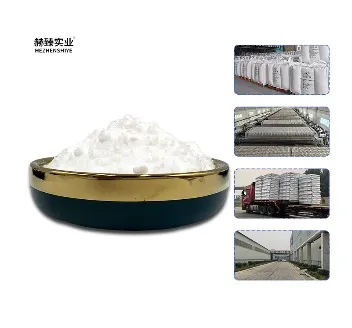
(mica sheet for electrical insulation)
FAQS on mica sheet for electrical insulation
Q: What are the key properties of mica sheet for electrical insulation?
A: Mica sheets for electrical insulation offer high dielectric strength, thermal stability, and chemical resistance. These properties make them ideal for insulating electrical components in high-temperature environments.
Q: How is electrical insulation mica sheet used in industrial applications?
A: Electrical insulation mica sheets are commonly used in motors, transformers, and generators. They prevent electrical arcing and withstand extreme temperatures, ensuring long-term reliability.
Q: Why choose mica sheet over other materials for electrical insulation?
A: Mica sheets outperform many materials due to their natural resistance to heat, moisture, and corrosion. Their flexibility and durability also reduce maintenance costs in electrical systems.
Q: Can mica sheet electrical insulation handle high-voltage environments?
A: Yes, mica sheets have excellent dielectric strength, making them suitable for high-voltage applications. They minimize electrical leakage and enhance safety in demanding setups.
Q: What industries benefit most from mica sheet for electrical insulation?
A: Aerospace, automotive, and energy industries rely on mica sheets for critical insulation needs. Their ability to endure harsh conditions supports advanced electrical and electronic systems.






